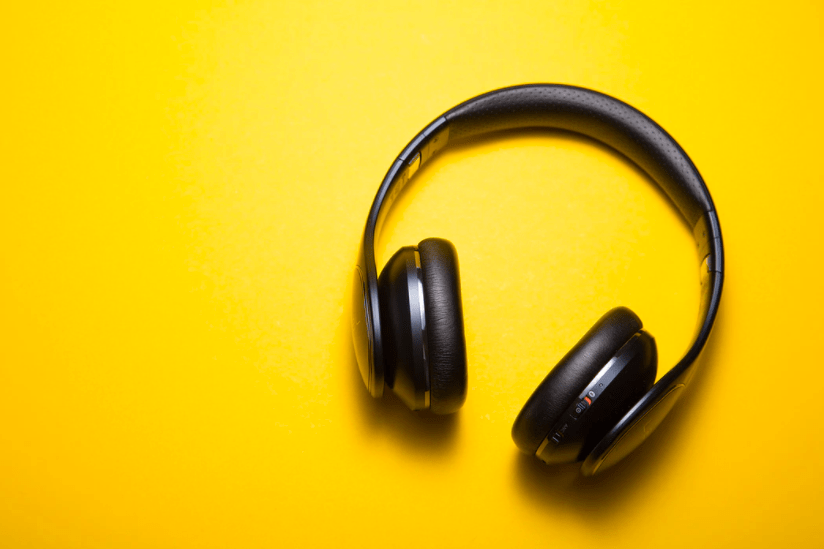The Impacts of COVID-19 on PDS’s Music Community
April 1, 2020
From remote learning to toilet paper hoarding, the coronavirus’s impact on our society has not been negligible. Specifically, the coronavirus has impacted the manner in which music lessons are conducted, and how auditions and rehearsals are run. This raises some important questions: is it possible for a music teacher to teach students and help them improve through an electronic speaker? Can students hear what the teacher is trying to demonstrate? Will competition adjudicators be able to detect the nuances in the music from recordings alone?
A wide variety of apps is used to conduct music lessons such as Skype, Zoom, and Facetime. Sophomore Veronica Lee, who takes clarinet lessons using Zoom, states that Zoom tends to cancel out loud sounds, which can be difficult to work with. Sophomore Emily Zhu also faces similar difficulties with her online cello classes since the tone quality is poor, making it harder for both the teacher and the student to determine whether the cello is making the correct sound. During my online violin class, my teacher commented that my violin had a scratchy quality but neither of us was sure whether the problem was his speaker or my playing. On the other hand, the coronavirus does not seem to hinder everyone who attends music lessons, since PDS orchestra concertmaster Will Sun and second chair first violin Albert Ming both say that the coronavirus has not affected their lessons at all.
Many auditions have been affected by the widespread disease, such as the New Jersey Music Teachers Association spring recital auditions. While strings, voice and wind auditions have been canceled, piano auditions are being run via Youtube video links. Piano players can experience a unique set of auditions since they can take multiple recordings and submit their best take. Not surprisingly, there are many contradicting views regarding the switch to online auditions. According to sophomore Sophie Zhang, digital submissions allow you to reflect more on your performance because reviewing the recordings yourself allows for self-criticism, which is not usually a part of a standard recital audition. While Zhang makes a valid point, while recording myself, I found that the task was quite tedious. The most difficult aspect was the sheer amount of time it took to get two high-quality recordings of two pieces.
As we see all around us, COVID-19 has already affected many areas of our lives already, and the music aspect is no exception. Music teachers and students alike hope that online classes do not last for too long and that we can be back to having face-to-face lessons in the near future. For now, we have to stick together and work with the tools that we have in order to keep our communities going.








